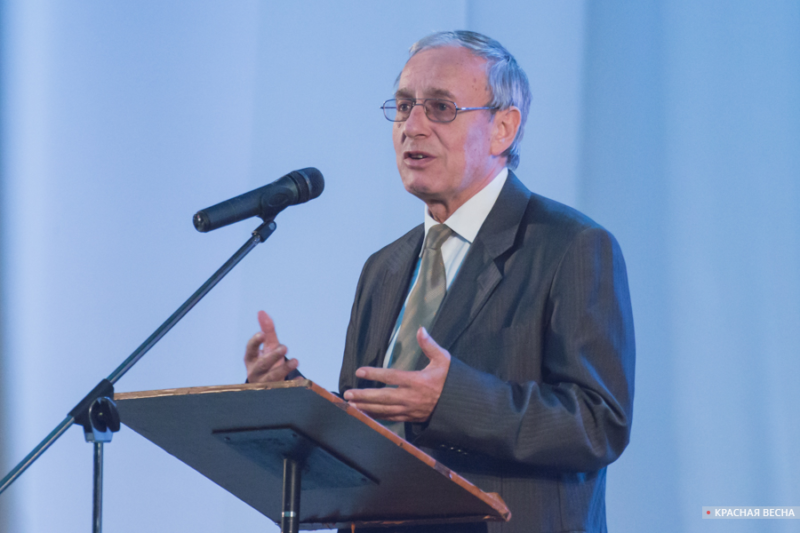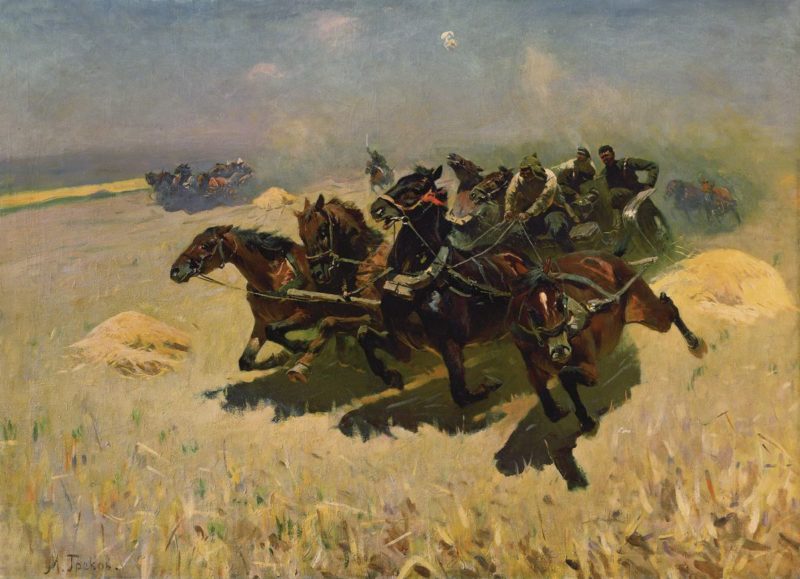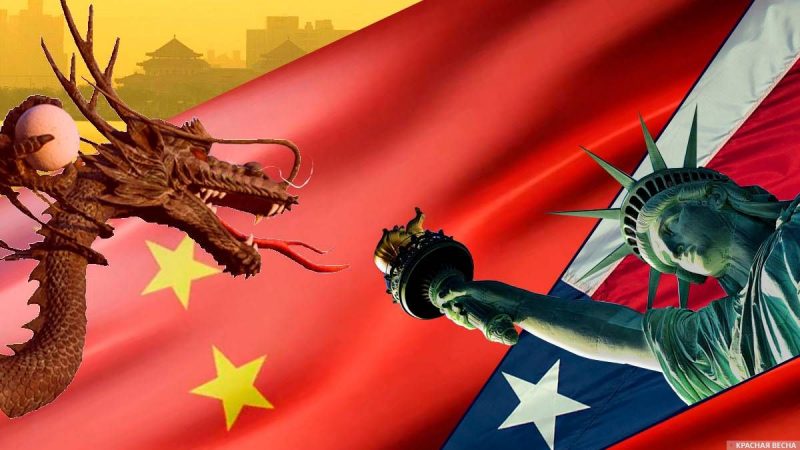20.06.2017, USA.
A significant decline is observed in the US influence over Latin America, the Vice President of the Experimental Creative Center International Social Foundation, Yury Byaly, said on June 21, Rossa Primavera News Agency reports.
“It turned out that, first of all, a substantial leftward drift took place in the key countries (Venezuela, Bolivia, Argentina, Brazil, and even Mexico) despite an apparent weakening of the Cuban left-minded influence. Secondly, it is now clear that in Latin America there is a growing economic role of the United States’ European competitors, first of all Spain, Portugal, France, Germany, Italy, and, most importantly, China and Russia. Thus, there are too many foreigners now in the former backyard of the US, including ideologically hostile ones,” Yury Byaly said.
At the same time, “the activity of these foreigners has shown that this ‘backyard’ is rich in oil”, which, if taken under US control, could play a key role in the US achieving complete global economical domination.
Therefore, the expert believes, the core of US policy in Latin America is to “draw the key countries of the continent back into the ‘US stall’ and make their natural (first of all, oil) resources a sound support for the development of the US economy. This goal has been thoroughly implemented through the mechanisms of ‘soft half-colored revolutions’ in Brazil, Argentina, Mexico, and Venezuela (Maduro will probably be brought down in the end).”
According to Yury Byaly, the US goal of making “external impact to increase chaos” in Latin American political processes is facilitated by the “practice of revolutionary coups, which, as one top-ranking figure said, has often been ‘ahead of the theory’. As a result, Latin America has always been a place where a wide range of incompatible ideologies co-exist, including several right-wing ones (from fascism to national conservatism), several left-wing ones (from Marxism to Maoism to Che Guevarism), and several religious ones (from right-wing Catholicism to liberation theology). These ideologies have not followed one after another but rather co-existed altogether having to find a relatively bloodless way (or a bloody one sometimes) to get along with each other within one country.”
The expert also discusses the racial and social stratification in Latin American countries, “which is typical for most countries on the continent, and it is far from idyllically peaceful in many places”.
In early April, active street protests began in Venezuela, which escalated into clashes with police. The protests were triggered by a decision of the Supreme Court to restrict the power of the opposition-dominated Parliament. President Maduro said that the actual goal of the opposition was to give Western transnational companies access to the country’s natural resources; he demanded that the US stop supporting the opposition. According to the Prosecutor’s Office, the street clashes left over 60 people dead and more than 1,300 injured.
Also, Brazil has been swept by protests in recent months. The political crisis almost resulted in impeachment of President Michel Temer.
Source: Rossa Primavera News Agency




